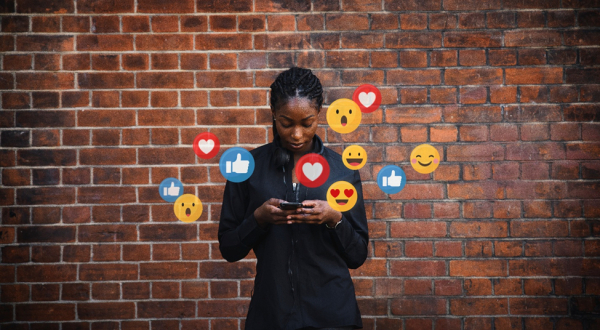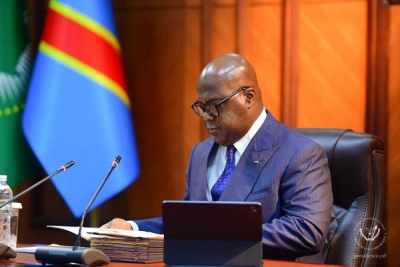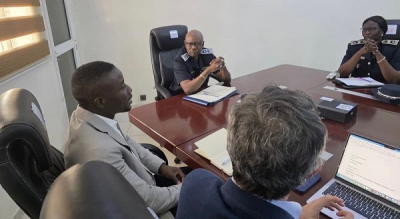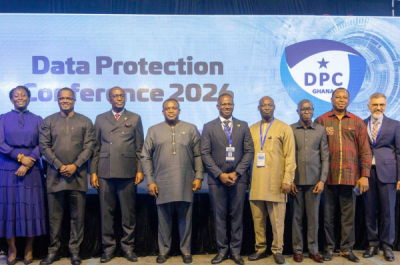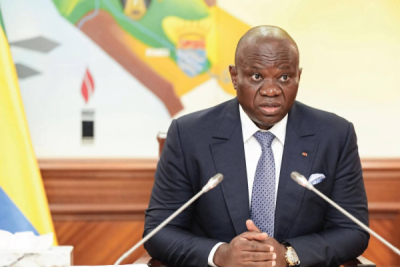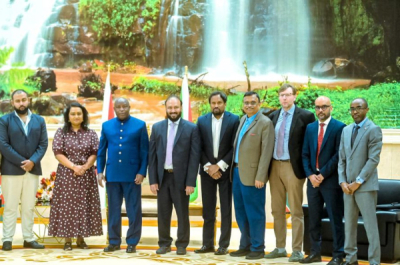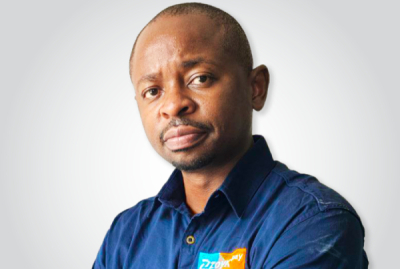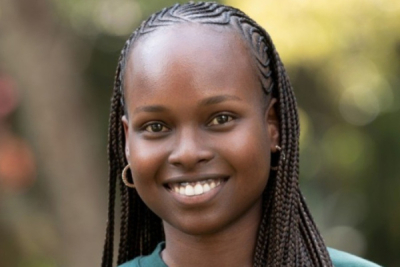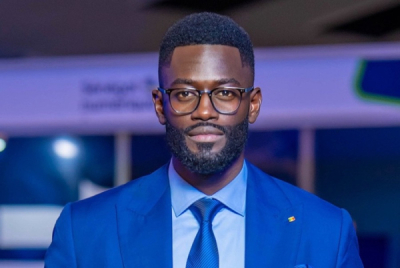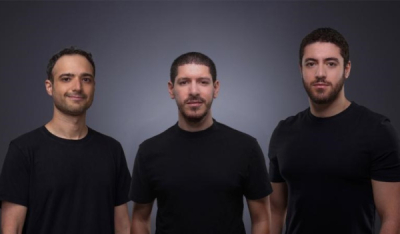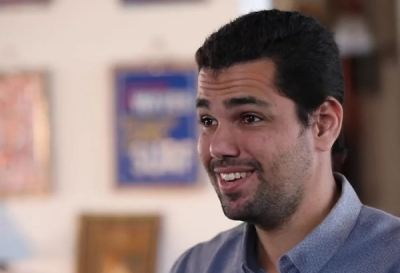The use of social media has become an integral part of daily life in Africa, especially among young people. As the continent's digital adoption accelerates, the stakes for mental health grow higher. Without coordinated efforts from governments, tech companies, civil society, and communities, the promise of social media could be overshadowed by long-term psychological and societal harm.
Social media has revolutionized how people communicate, learn, and connect, creating vast opportunities for education, social mobilization, and economic growth. Yet, beneath these benefits lies a growing concern: their impact on mental health. The Centers for Disease Control and Prevention (CDC) defines mental health as a person’s emotional, psychological, and social well-being. It affects how individuals handle stress, learn, work effectively, recognize their potential, and actively participate in their communities.
A study by Ji Yuan of the Psychological Counseling Center at Xinghai Conservatory of Music in China, titled Is there a relationship between social media user intensity and mental well-being? An exploratory study, published in April 2025, found a strong link between heavy social media use and increased mental health issues, including higher levels of stress, anxiety, and depression.
In Africa, where social media use is rapidly expanding, these challenges are becoming increasingly visible and urgent. From cyberbullying and digital addiction to social pressure and misinformation, the continent must grapple with complex threats to the psychological well-being of its population, particularly young people.
Social networks: a double-edged sword
Opportunities
On the one hand, social networks have transformed Africa’s information landscape. They provide millions of young people with unprecedented access to educational resources, health information, and knowledge about their rights. For example, during the COVID-19 pandemic, platforms like Facebook and WhatsApp were widely used to spread vital health guidelines across countries such as South Africa and Kenya.
These platforms also act as powerful tools for self-expression and solidarity, empowering social movements like #EndSARS in Nigeria (a youth-led social movement that began online in 2020, demanding the disbandment of the Special Anti-Robbery Squad (SARS) and #FeesMustFall in South Africa (a powerful student-led protest movement that began in October 2015 in South Africa), and enabling marginalized voices to be heard. Additionally, they serve as critical enablers for professional and entrepreneurial development through digital marketing, networking, and new business models. Countless young entrepreneurs in Ghana and Nigeria have leveraged Instagram and TikTok for digital marketing and to reach new customers.
Risks to mental health
On the other hand, the risks are substantial. Continuous exposure to idealized and carefully curated portrayals of others' lives often drives unhealthy social comparisons, fueling feelings of frustration, anxiety, and low self-esteem. Cyberbullying is also on the rise among African youth, sometimes with devastating consequences, including depression and even suicide. According to UNICEF, more than one-third of young people in 30 countries report being victims of online bullying, with platforms such as Facebook, Instagram, Snapchat, and Twitter cited as the most common spaces for this abuse. In sub-Saharan Africa, 34% of respondents reported experiencing online bullying.
Excessive use of social networks is also linked to addiction, social isolation, sleep disturbances, and chronic stress. Meanwhile, the rapid spread of misinformation and radical content fuels collective anxiety and distrust, further undermining mental well-being.
Moreover, exposure to violent or pornographic content, sexualized livestreams, and online child exploitation remains a serious and largely under-addressed concern. In March this year, the Communications Authority of Kenya (CA) launched an urgent investigation following a BBC report alleging that minors in Kenya were involved in sexualized livestreams on TikTok, with the platform reportedly profiting from digital gifts sent by viewers.
Online child exploitation is a growing concern in Africa. A 2024 report by ChildFund International and the African Child Policy Forum revealed a significant increase in online child sexual exploitation and abuse across the continent, with over 60% of unidentified victims being young children, including infants and toddlers, and 65% being girls.
Challenges specific to Africa
Africa faces unique obstacles in addressing these issues. There is a lack of harmonized legislation: most African countries do not have specific laws to effectively moderate online content, protect data, or combat cybercrime.
As of now, only 36 out of 55 African countries have enacted data protection laws, according to Data Protection Africa. Examples include South Africa’s Protection of Personal Information Act (POPIA), enforced since 2021; Kenya’s Data Protection Act of 2019; and Nigeria’s Data Protection Act of 2023. Many other countries (such as Chad, Malawi, Sierra Leone, and the DRC) have no comprehensive data protection laws or rely on outdated frameworks.
In addition, laws aimed at regulating social media often face criticism for stifling free speech rather than genuinely protecting users. Nigeria’s Social Media Bill (Protection from Internet Falsehood and Manipulation Bill, 2019), Uganda’s Computer Misuse Act (amended 2022), and Ethiopia’s Hate Speech and Disinformation Prevention and Suppression Proclamation (2020) have all been criticized for vague terms and potential misuse.
Governments often find themselves caught between censorship and inaction. Some states resort to internet shutdowns during political crises — as seen recently in Senegal (2023 and 2024), Ethiopia’s Amhara region (2023–2024), Sudan, the DRC, and Chad — disrupting civic life and further complicating mental health support. Meanwhile, others leave social media largely unregulated, exposing users to unchecked harassment, hate speech, and disinformation.
Furthermore, there is a heavy dependence on global tech giants. Major platforms, such as Facebook, TikTok, and X (formerly Twitter), often fail to enforce their moderation policies adequately in Africa, citing resource constraints or a lack of regional focus. As a result, reports of harmful content frequently go unaddressed, and algorithms can amplify divisive or damaging material. Al Jazeera reported that in 2022, a lawsuit claimed Facebook’s failure to effectively moderate content fueled violence during the conflict in Ethiopia, underscoring the serious real-world impact of unregulated online content.
A call for balanced action
Rising concern over these issues has fueled important conversations around digital well-being and responsible social media use. There is growing pressure on tech companies to introduce features that encourage healthier online habits, such as screen time management tools and content warnings. Reflecting this trend, TikTok recently organized its first-ever African Summit on Digital Wellbeing and Mental Health to promote healthier and more responsible use of social networks while addressing mental health challenges faced by young Africans in today’s increasingly connected world.
As Africa’s digital footprint grows, so does the need for a thoughtful, locally driven approach to mental health and online safety. Strengthening legal frameworks, improving digital literacy, and demanding greater accountability from global tech companies are crucial steps forward. Without these efforts, the promise of social media risks being overshadowed by its dangers, turning what could be a powerful force for connection and empowerment into a source of widespread psychological harm.
Hikmatu Bilali


